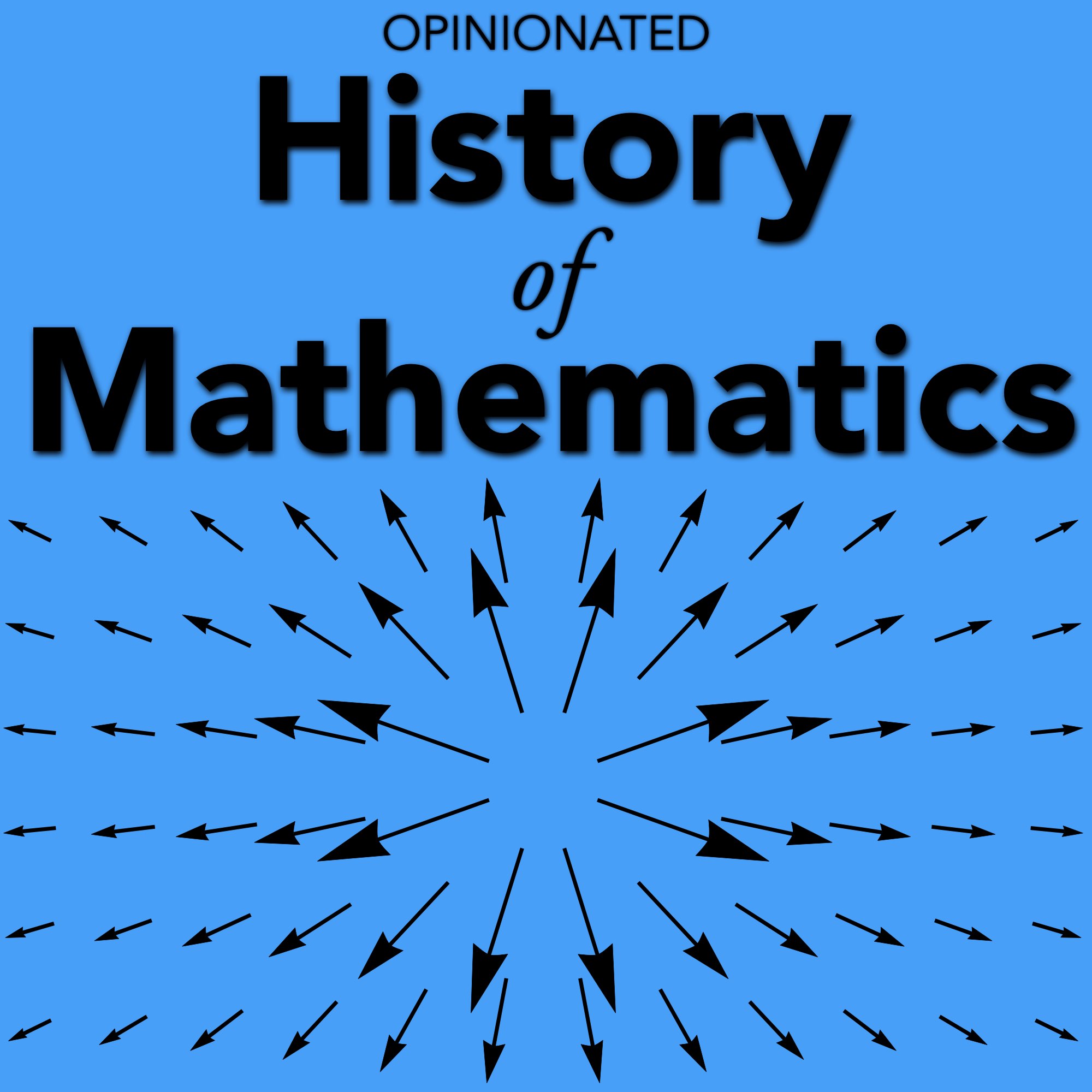Historiography of Galileo’s relation to antiquity and middle ages
Description
Our picture of Greek antiquity is distorted. Only a fraction of the masterpieces of antiquity have survived. Decisions on what to preserve were made by in ages of vastly inferior intellectual levels. Aristotelian philosophy is more accessible for mediocre minds than advanced mathematics and science. Hence this simpler part of Greek intellectual achievement was eagerly pursued, while technical works were neglected and perished. The alleged predominance of an Aristotelian worldview in antiquity is an illusion created by this distortion of sources. The “continuity thesis” that paints 17th-century science as building on medieval thought is doubly mistaken, as it misconstrues both ancient science and Galileo’s role in the scientific revolution.
More Episodes
Copernicus’s planetary models contain elements also found in the works of late medieval Islamic astronomers associated with the Maragha School, including the Tusi couple and Ibn al-Shatir’s models for the Moon and Mercury. On this basis many historians have concluded that Copernicus must have...
Published 11/29/23
Published 11/29/23
Einstein’s theory of special relativity defines time and space operationally, that is to say, in terms of the actions performed to measure them. This is analogous to the constructivist spirit of classical geometry.
Published 07/23/23


